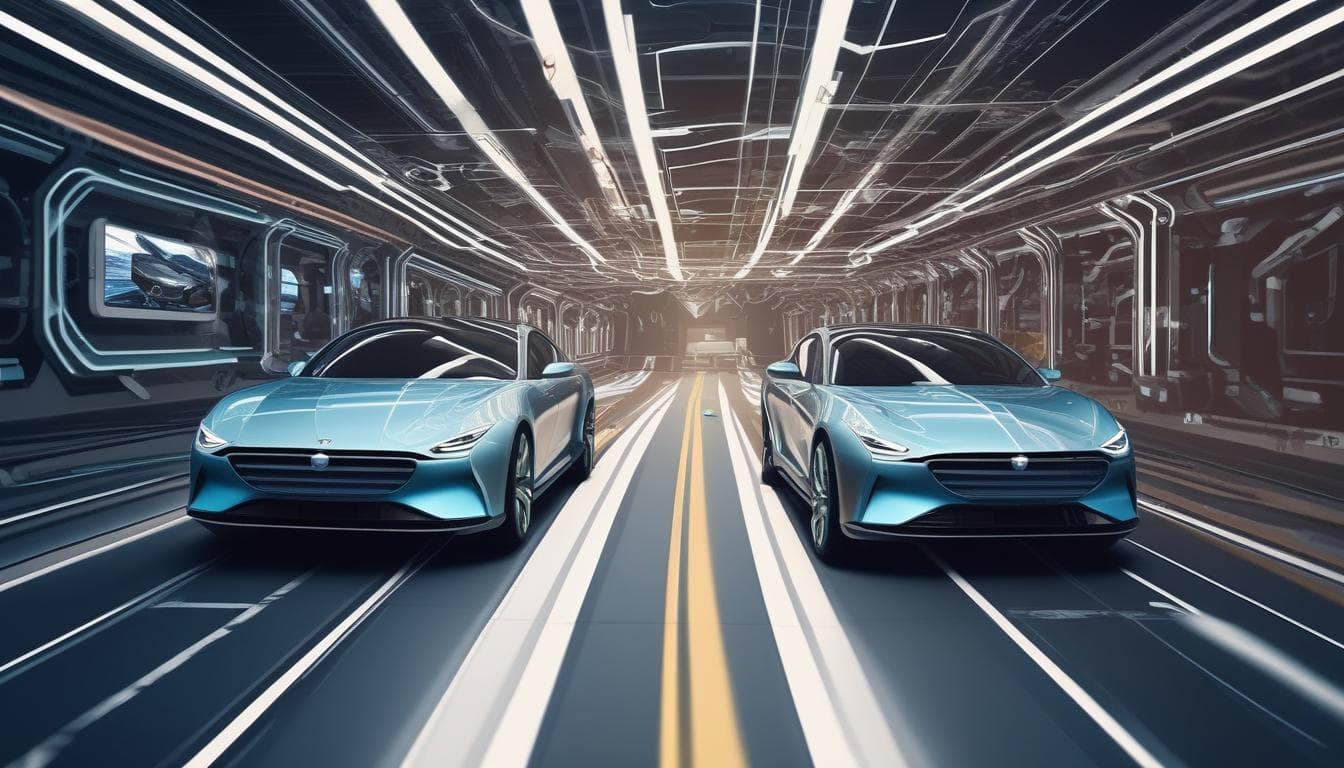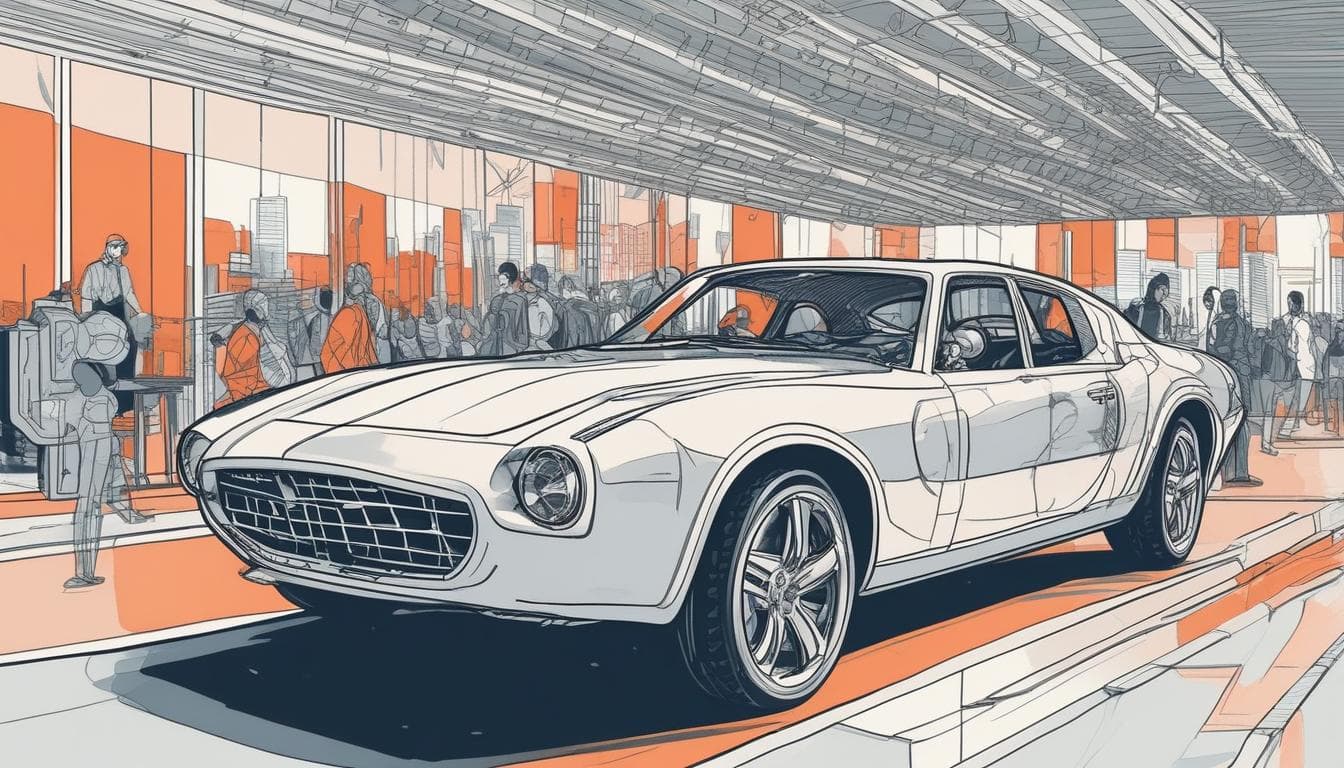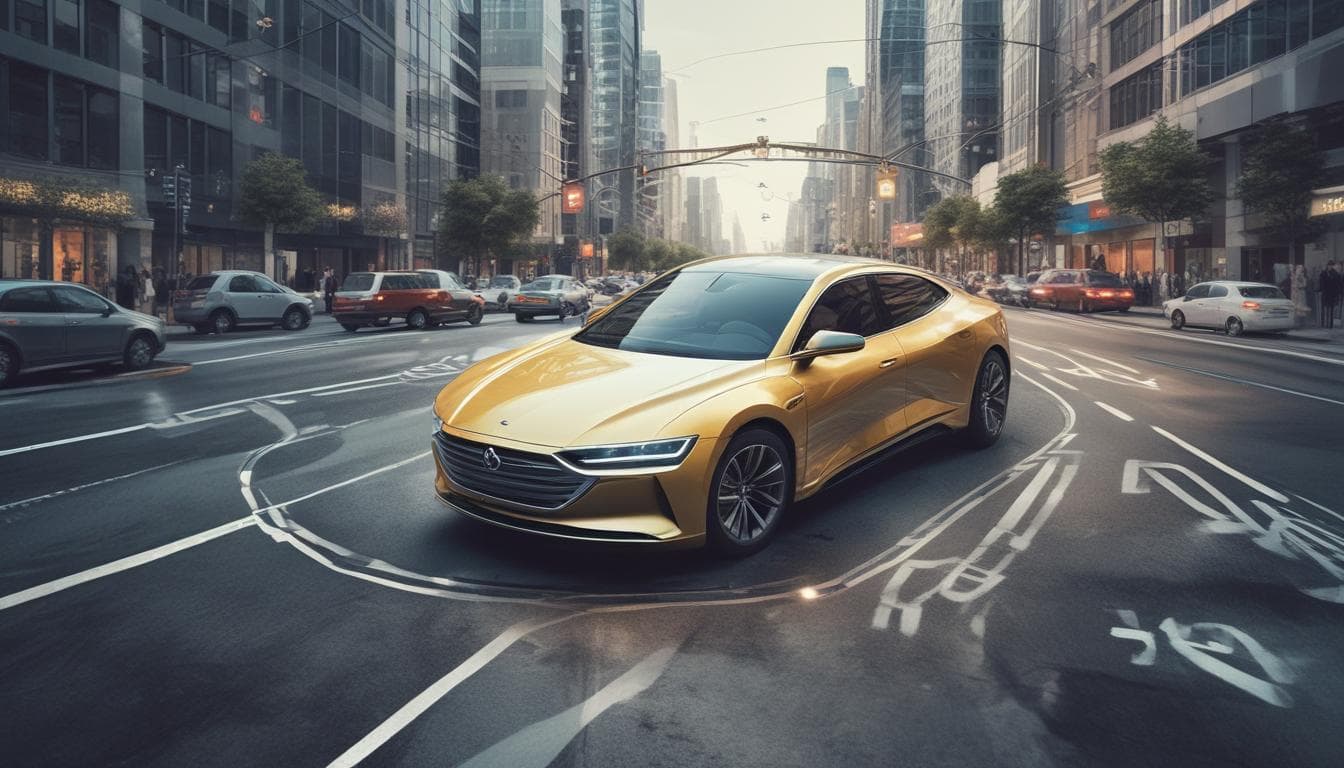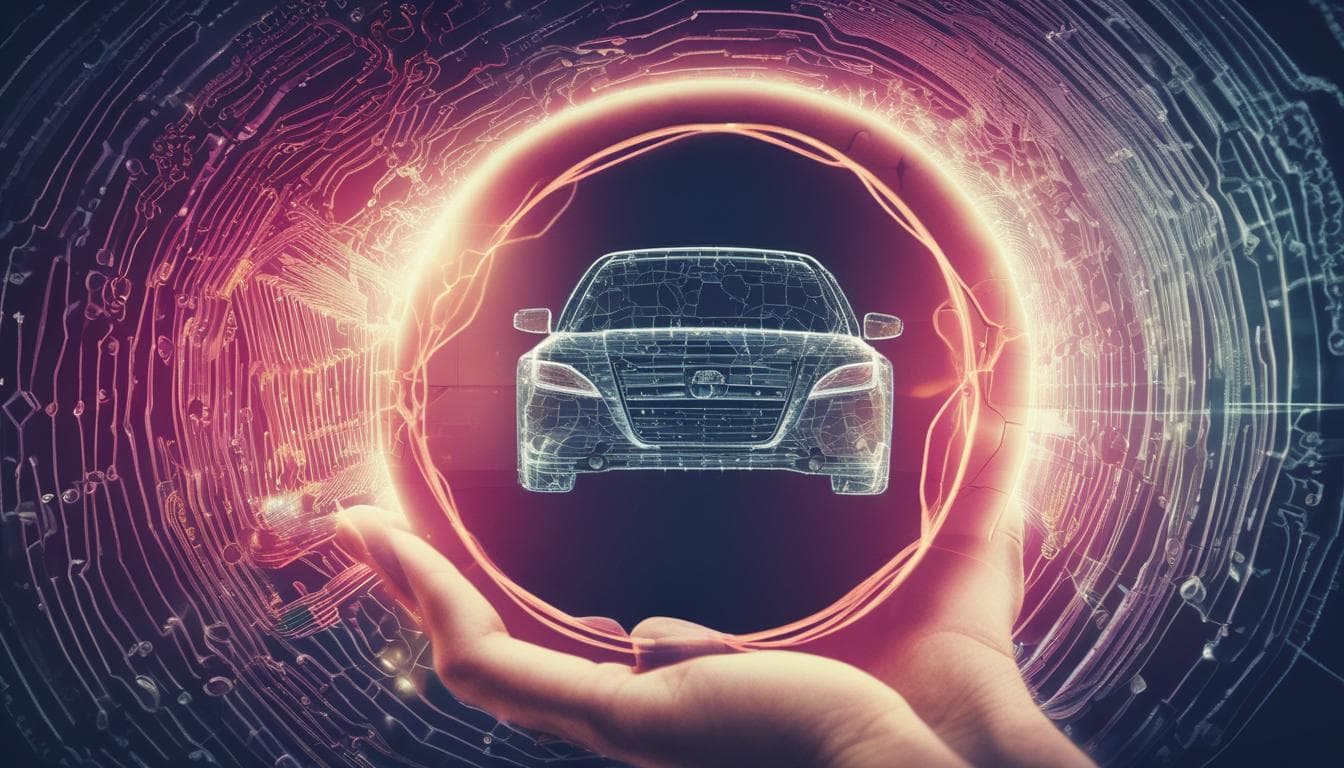Imagine if your car could actively recount its entire history—every journey, every repair, every owner, and every unique moment it witnessed. Beyond a simple data log, what kind of 'life story' would a vehicle narrate, and how would this profound historical perspective change our perception of car ownership, legacy, and even the automotive design process itself?
The concept of a car narrating its entire life story—detailing every journey, owner, repair, and memorable event—offers a fascinating fusion of technology, narrative, and emotional connection to our vehicles. Such a historical perspective could dramatically shift how we view car ownership and legacy in several ways:
-
Enhanced Emotional Connection: Vehicles often become more than just transportation; they hold memories and significance. A car that recounts its past could deepen the bond between owner and machine, transforming the vehicle from a mere tool to a storied companion.
-
Transparency and Trust in Ownership: Having an immutable, comprehensive history increases transparency regarding maintenance, repairs, and usage, potentially reducing fraud and boosting resale value. This leads to a more informed and confident ownership cycle.
-
Legacy and Storytelling: Families could pass down the evolving narrative of their vehicles, preserving moments and stories connected to personal or cultural history.
-
Influence on Automotive Design: Manufacturers could incorporate feedback loops from vehicle histories and user experiences to create designs that are not only functional but adaptive and personalized. This paves the way for innovations such as hyper-personalization and smarter human-machine interfaces.
Technologies like digital twins, which are exact virtual replicas of physical vehicles capturing real-time data and historical information, could realistically implement such narratives. This is explored in how digital twin technology is transforming the automotive landscape.
Furthermore, integrating AI-driven analytics and in-cabin sensing would help contextualize these stories, turning raw data into engaging, meaningful narratives that could even predict maintenance needs, enhancing vehicle reliability and safety. This aligns with advances discussed in the rise of predictive maintenance enhancing vehicle reliability and reducing downtime and how in-cabin sensing is redefining automotive safety and experience.
In essence, a car’s 'life story' could evolve the very notion of cars from static possessions to dynamic, living histories—redefining ownership and emotional value while inspiring new dimensions in automotive design and engineering.
Explore More on This Topic
Join the Conversation
- The Future of AI-Driven In-Car Personalization: Beyond Comfort and Entertainment
Explore the future of AI in vehicles and how it can personalize the driving experience beyond entertainment and comfort. Discuss the ethical considerations and potential benefits of deep AI integration, such as anticipating mood and stress levels and suggesting personalized micro-experiences.
- The Future of In-Car Productivity: AI, Mobile Offices, and Beyond
Explore the transformative impact of AI on in-car productivity. Will cars become mobile offices, entertainment centers, or something entirely new? Discuss the innovations and challenges in creating productive and enjoyable in-car experiences.
- The Future of In-Car Education: Personalized Learning on the Go
Explore the potential of AI-powered in-car education and how it could transform our commutes into personalized learning experiences. Discuss potential subjects, skills, and challenges of integrating education with our vehicles.





